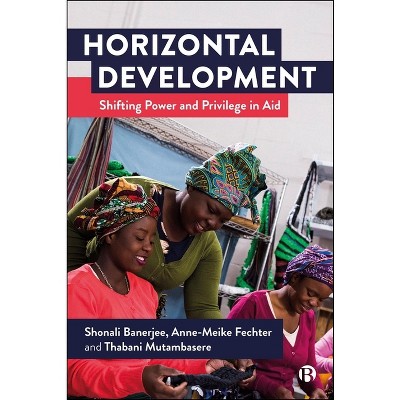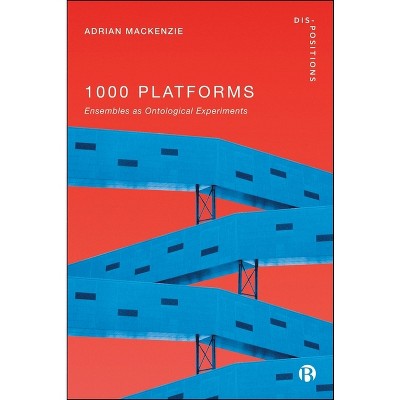Sponsored

The Age of Low Tech - by Philippe Bihouix (Paperback)
In Stock
Sponsored
About this item
Highlights
- People often believe that we can overcome the profound environmental and climate crises we face by smart systems, green innovations and more recycling.
- About the Author: Philippe Bihouix is an independent author and engineer.
- 198 Pages
- Business + Money Management, Development
Description
About the Book
Bihouix skilfully goes against the grain to argue that 'high' technology will not solve global problems and envisages a different approach to manage our resources and build a more resilient and sustainable society.Book Synopsis
People often believe that we can overcome the profound environmental and climate crises we face by smart systems, green innovations and more recycling. However, the quest for complex technological solutions, which rely on increasingly exotic and scarce materials, makes this unlikely.
A best-seller in France, this English language edition introduces readers to an alternative perspective on how we should be marshalling our resources to preserve the planet and secure our future. Bihouix skilfully goes against the grain to argue that 'high' technology will not solve global problems and envisages a different approach to build a more resilient and sustainable society.
Review Quotes
"A smart sideways look at where we are and what we call progress." The Earthbound Report
"The Age of Low Tech is a funny, informal, practical, angry, and subtly deep book....It reads like a recollection from a casual discussion with a fierce but jaded mind." Resilience
"Bihouix has written lightly and warmly about a topic that could otherwise paralyse us in fear and despair... The English translation by Chris McMahon is very welcome indeed." Feasta
About the Author
Philippe Bihouix is an independent author and engineer. He worked for 25 years in various industrial sectors including construction, energy, chemicals, transport, telecommunications and aerospace, in Europe and Africa.
He is a member of the Institut Momentum, a French think-tank on the Anthropocene, ecological overshoot and transition.
Shipping details
Return details
Trending Non-Fiction











